During the American Civil War, thousands of people throughout the country served as spies. One spy in particular, Elizabeth Van Lew, is considered to be one of the most successful spies of the Civil War.
Born into a slave-owning Virginia family, Elizabeth Van Lew spent her early years studying at a Quaker boarding school in Philadelphia where she learned about the evils of slavery and came to detest it.
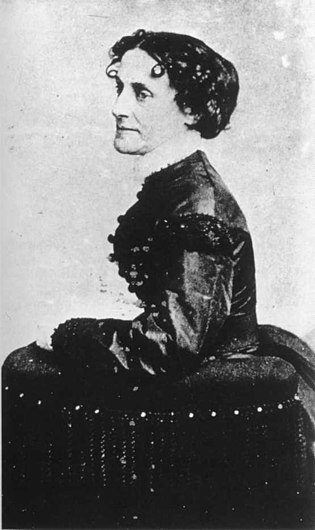
After her father died, she convinced her mother to free the slaves her family owned and then hire them back as employed servants, something which was considered radical at the time.
After moving back to Richmond, Elizabeth Van Lew continued to live in the family’s three-story mansion in Church Hill with her mother. Everything was peaceful and fine, until the spring of 1861 when the Civil War erupted.
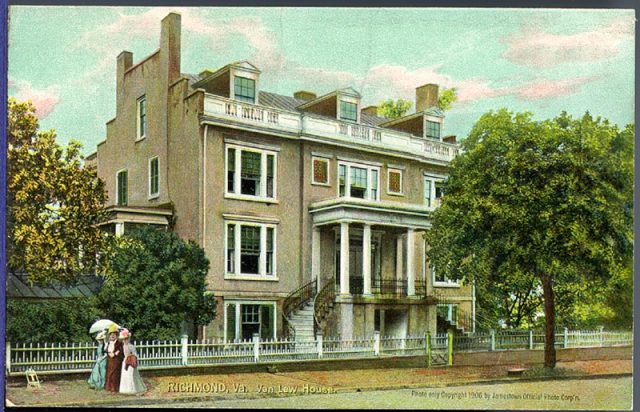
At first glance, Elizabeth Van Lew was your everyday typical Richmonder, but she was a resident with a massive secret. Van Lew, while living in the heart of the Confederacy, sympathized with the Union.
She pretended to be a Confederate and celebrated with her neighbors when their troops had a victory, but deep down she despised them.
In fact, she kept a secret diary where she wrote out her thoughts about anti-slavery and the barbarities of war.
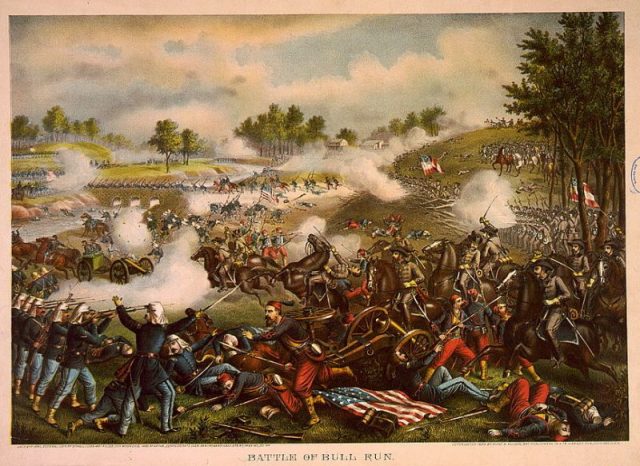
When the Battle of Bull Run occurred, many men were wounded and sent to Libby Prison, a Confederate prison/hospital in Richmond that was infamous for its harsh conditions.
After learning captured Union soldiers were being sent there, she went over to the prison to try to volunteer there with intentions to secretly help them.
Her efforts though at first were futile. The head of the hospital denied her access, but this didn’t dissuade her. She kept going back and pleading with him to allow her to volunteer until he finally gave in. It was while here that Van Lew got her first taste of spying.
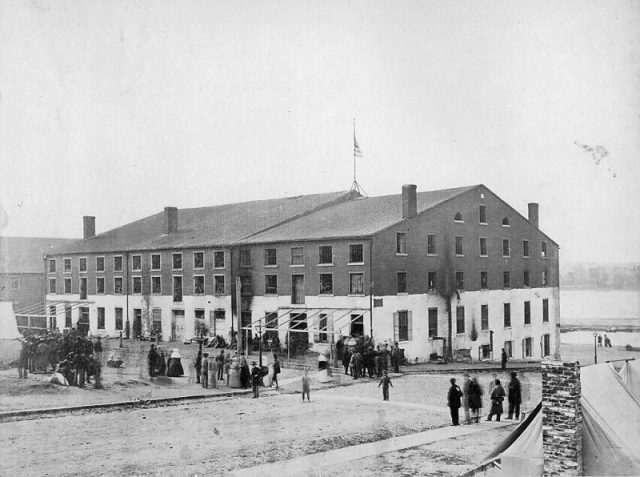
She decided to help the Union by taking messages to various soldiers. She would hide these messages in dishes with secret compartments and carefully put some in books. Eventually, Van Lew would hide soldiers in her mansion until they were dispatched to a different area.
Elizabeth Van Lew worked her way up and soon caught the eye of General Benjamin Butler who officially hired her as a Union spy. While working for him, she learned to write in cryptic code with an invisible ink that only showed up when mixed with milk. As a spy under Butler, she would send the Union troops food and medicine but from the cover of her home.
Top 5 Female Spies of WW2
Her spy ring became known as the Richmond Underground and was one of the most crucial spy rings due to its location. In fact, Elizabeth Van Lew was so good at secretly sending things that she was able to have fresh flowers from her garden sent to Ulysses S. Grant, the Union’s final General-in-Chief, without anyone noticing.
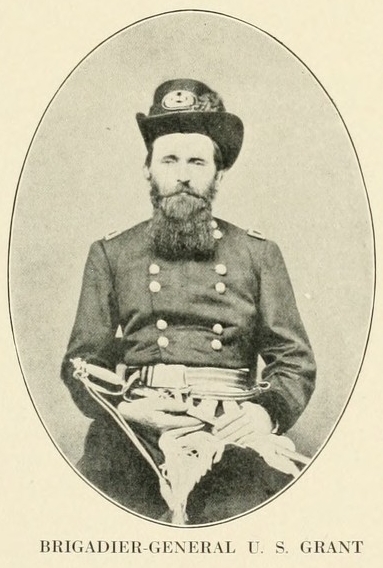
As the war came to a close, so did Van Lew’s services. However, her work as a Union spy eventually became known, especially after she hoisted the Union flag over Richmond to celebrate its victory.
But, living in the former capital of the Confederacy, this wasn’t taken well and she became an outcast in her own city. Even the close friends who once held parties with her and talked about the events of the day shunned her.
As she once wrote, “I am held in contempt and scorn by the narrow-minded men and women of my city for my loyalty. Socially living as utterly alone in the city of my birth, as if I spoke a different language.”
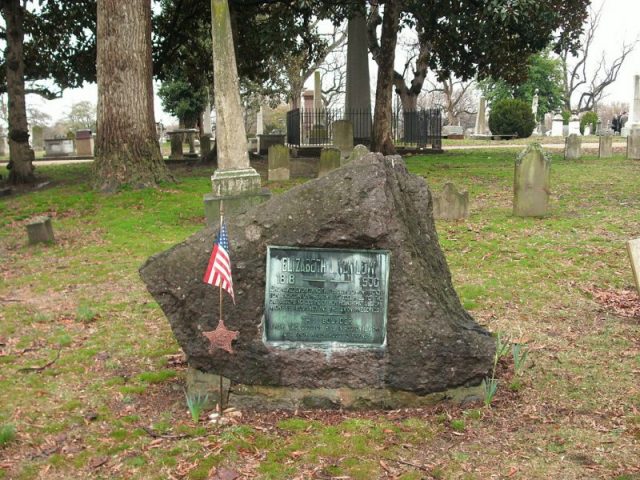
She did receive thanks though from Grant for her service after he captured Richmond from the Confederacy. She was awarded money and he appointed her to be the postmaster of the city, a position she kept until Rutherford B. Hayes became president. When she lost her job, she also lost her income and had to contact those who she once helped for financial donations.
They gave her money and she had to depend on them to live until she died on September 25, 1900. She was buried in Richmond, Virginia at the Shockoe Hill Cemetery where her tombstone pays homage to her life of fighting for what was right: “She risked everything that is dear to man – friends, fortune, comfort, health, life itself – all for the one absorbing desire of her heart – that slavery might be abolished and the Union preserved.”
Rachel Kester is a freelance writer who has written for sites like 30A and Mystery Tribune and lives in the great state of Virginia.
